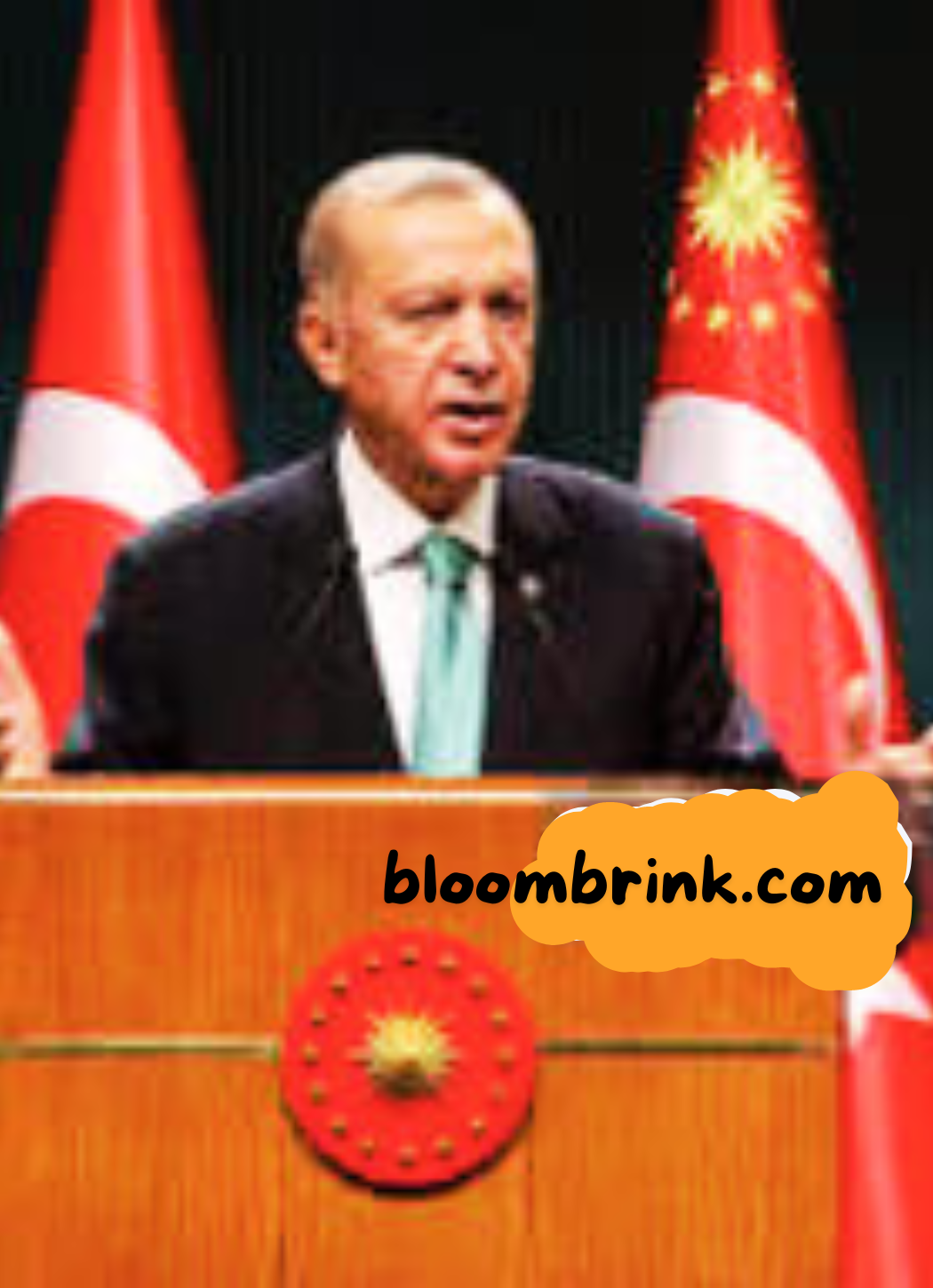Recep Tayyip Erdogan maintains a prominent position in modern Turkish politics. He has held several prestigious positions throughout his professional life, such as mayor of Istanbul, prime minister, and president of Turkey. As a result of Tayyip Erdogan’s complex legacy on the domestic and international fronts of Turkey, his political career has been marked by substantial reforms, controversies, and an increasingly authoritarian tone.
Childhood and Education
Recep Tayyip Erdogan was born in the Kasımpaşa neighbourhood of Istanbul, Turkey, on February 26, 1954. Early in his life, his working-class parental background exposed him to political activism. After graduating from an Islamic secondary school, Erdogan studied at the Aksaray School of Economics and Commercial Sciences in Istanbul to earn a degree in business administration.
Advancement to Political Popularity
Erdogan commenced his political career with a sincere affiliation with the National Turkish Student Union. In the 1970s, he became a Welfare Party (Refah Partisi) member and rose through the ranks to become the party’s provincial leader in Istanbul. His political journey experienced a substantial increase in Elections as the Mayor of Istanbul in 1994. During his tenure as mayor, Erdoğan oversaw significant enhancements to the city’s infrastructure, covering public transportation, water distribution, and traffic control. However, his presidency was additionally characterized by a contentious position regarding the sale and promotion of alcoholic beverages.
Political Obstacles and Solitary Confinement
In 1998, upon being removed from office and sentenced to prison for promoting religious enmity through the recitation of a poem considered in violation of Turkey’s secular principles, Erdoan’s tenure as mayor came to an abrupt halt. His four-month term of imprisonment increased his popularity among numerous Turks disappointed with the secular establishment.
Establishment of the AKP and the Presidency
Erdogan was co-founded the Justice and Development Party (AKP), which adopted a pro-Islamist stance in 2001. The AKP swept to an overwhelming victory in the general elections of 2002, and after a legal reform permitted him to compete for parliament in March 2003, Erdoan was elected prime minister. His period as prime minister was characterized by significant economic growth, the initiation of EU accession negotiations, and substantial reforms to improve democracy and human rights in accordance with EU demands.
Authority and Authoritarian Transition
Erdoğan assumed the presidency of Turkey in 2014, a largely ceremonial position that underwent a significant transformation in 2017 when a referendum expanded presidential authorities and elevated Erdogan to the apex of executive power. Following a defeated coup attempt in 2016, his presidency has been marked by a severe crackdown on dissent, including the purge of academics, military members, and civil servants. In addition to undermining judicial independence and press freedom, the Erdogan administration has been criticized for adopting an increasingly authoritarian and nationalistic stance.
Diplomatic Policy
Erdogan has maintained a proactive and frequently assertive foreign policy in his dealings with other nations. Turkey’s engagement in regional conflicts in Syria and Libya, pursuit of closer ties with Russia and the Middle East, and undermining of traditional alliances, including tensions with the United States and the European Union, have all been initiatives of his administration. Erdogan’s foreign policy is frequently regarded as an element of a more extensive strategy to consolidate Turkey’s regional power status.
To conclude,
Recep Tayyip Erdogan has left behind a comprehensive and intricate legacy. His followers attribute to him the reformation of Turkey’s economy, infrastructure, and international standing. However, his presidency has been criticized by some for undermining democratic institutions, preventing human rights, and consolidating power in a way that endangers Turkey’s secular traditions.
